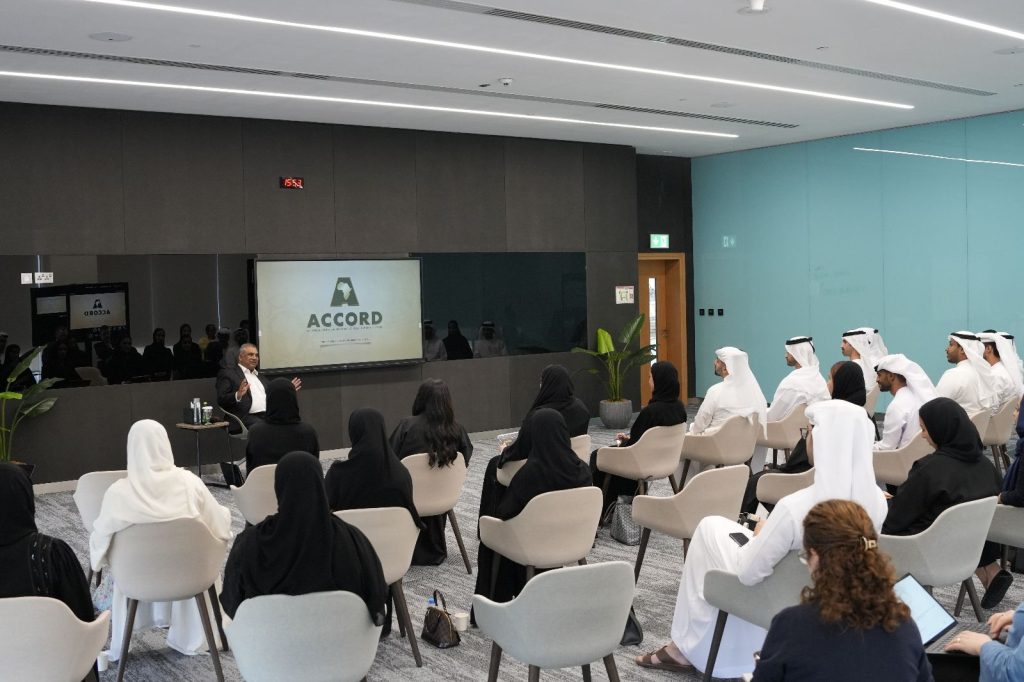For the second time in 2 years, ACCORD participated at an educational conference, this time in Barcelona during the EDULearn 2013 conference. Pushing for new learning, training and knowledge-sharing methods, Dr da Rocha, Training Unit Coordinator, presented a learning and training model based on Blended and Mixed Method Learning, thus contributing to ACCORD’s advanced training methodology.
With 650 participants, hailing from 84 different countries (with 12 participants from South Africa), the EDULearn conference took place for the 5th time in the city of Barcelona, Spain. From 1st – 3rd of July, participants enjoyed more than 430 presentations and 130 poster sessions. The conference aims to bring together teachers, trainers, universities, researchers, and practitioners in a range of disciplines in order to engage and share in educational Best Practices. Although the themes of internet-based and e-learning dominated the conference, more and more presenters discussed and shared lessons learned in the professionalisation of certain population and target audiences.
Dr da Rocha shared the design, development and advances made in the field of authentic, adaptive, and professional curriculum development for its programme units. Arguing that simulation design emanating from the target audience itself leads to better learning outcomes, Dr da Rocha argued for better “work integrated learning” method, where participants of any training own the learning outcome. Using feedback loops, continuous evaluations, succinct target audience analysis, and expert facilitators with a background in training methodology, Dr da Rocha presented the various curricular activities developed for the programme units, with an emphasis on engaging more in peer-support, online mentoring, and contextualised simulations. Sharing the curriculum for the AU Mediation Project, the UNMISS Remote Mentoring Support Network (UNMISS MSN), and the results achieved through its partnership within the PASA International Training Programme, Dr da Rocha was able to engage an expert audience, allowing for comments, criticism and remarks to validate, verify, and test training assumptions and methods for future trainings to come.
Strengthening its expertise and capacity to provide contextualised, tailored and adapted training solutions, ACCORD will contribute to professional capacity development of its target audiences and thus improve institutionalised responsiveness to challenges in the field of peace and security in Africa. The Training Unit remains in dialogue with various research and training institutions around the globe to strengthen and consolidate its vision of providing guidance and leadership through competence to all training audiences.







